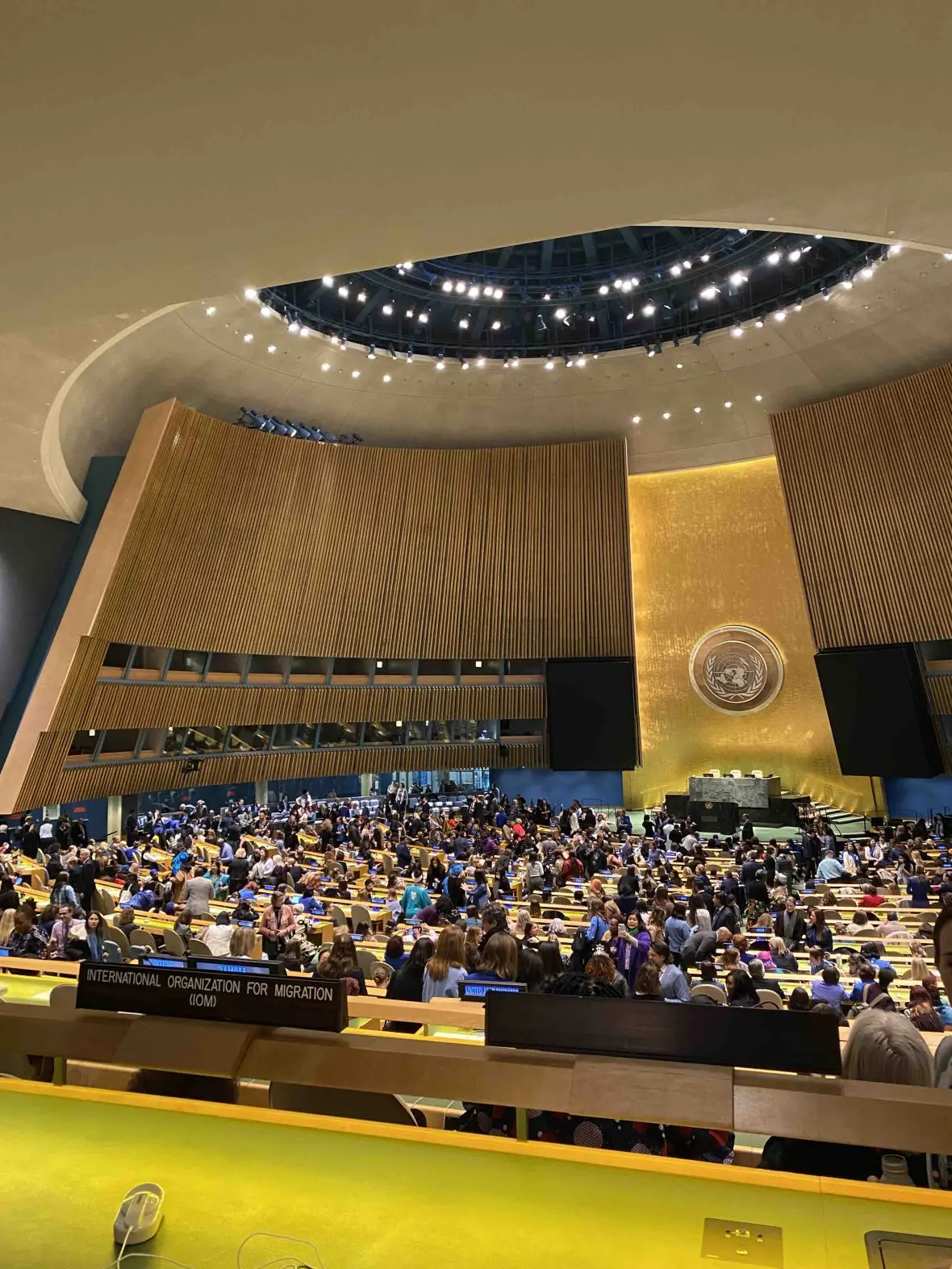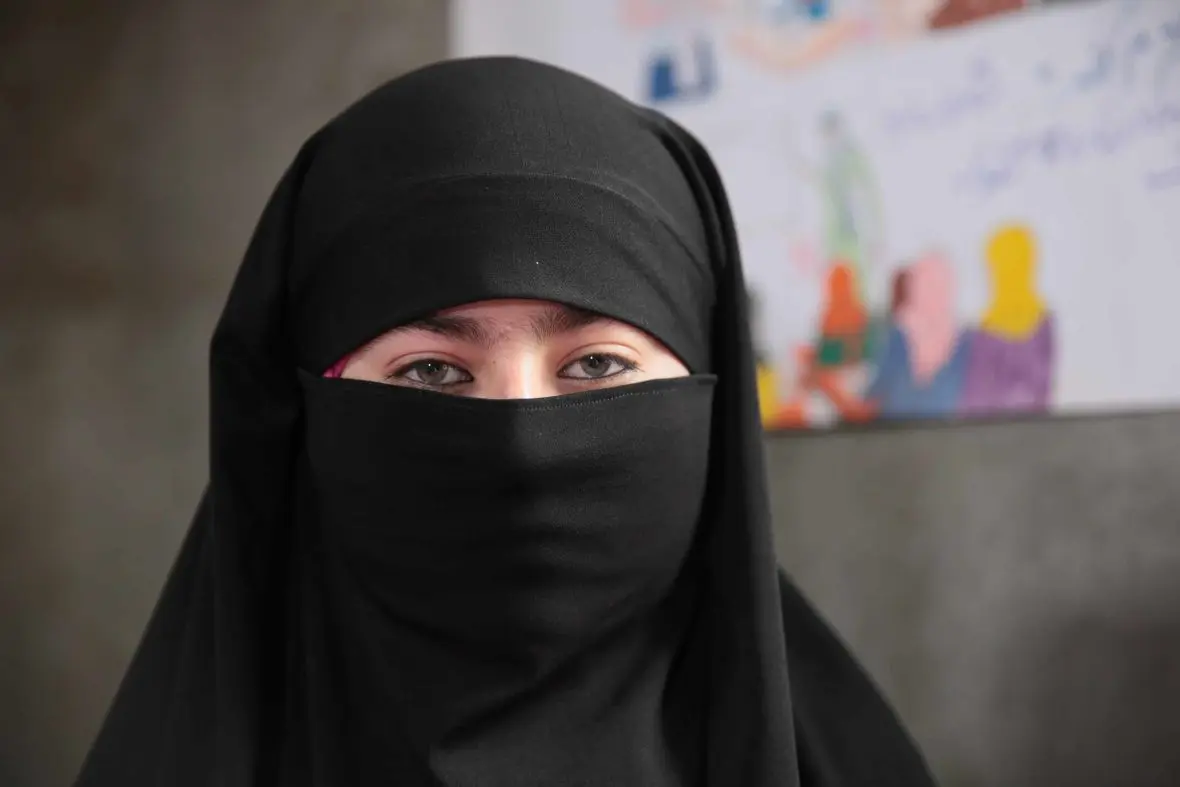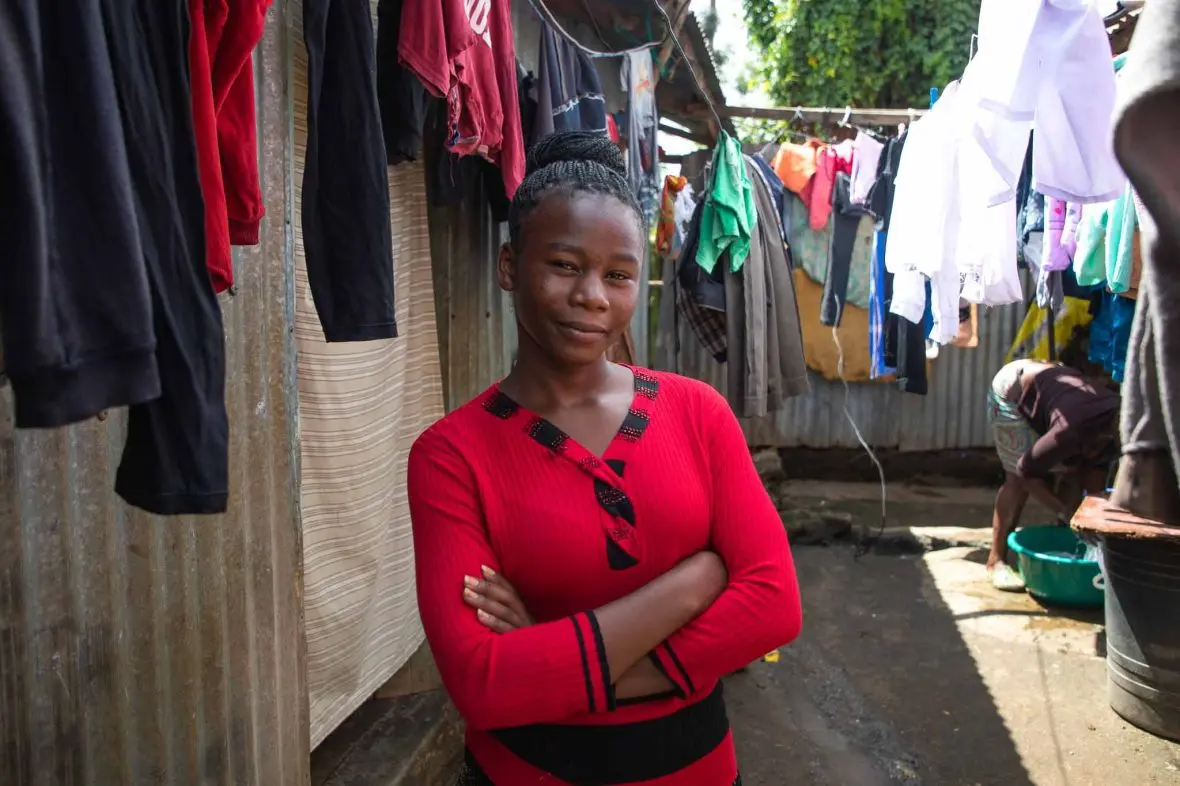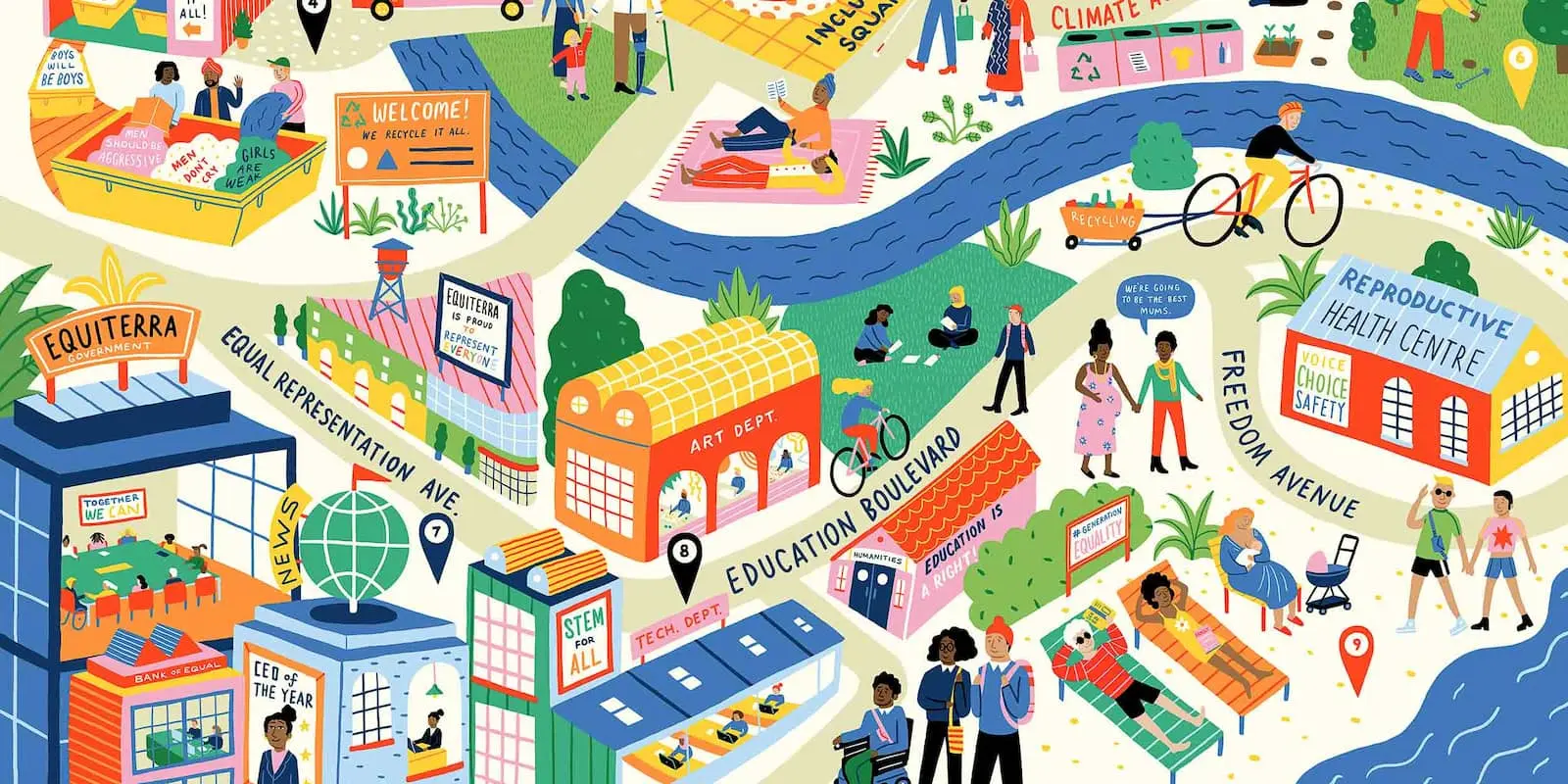Every year, around International Women’s Day, gender equality advocates gather for an event in New York often referred to as feminist utopia. Our Emma Anderson has been attending each year since she was 18 and shares her thoughts on progress and the future.
Over the course of 2 weeks in March, the UN headquarters in New York City are transformed. The streets fill up with girls and women ranging from adolescence to old age, sporting t-shirts and pins declaring their allegiance to the feminist cause in their own respective countries. This is the annual session of the Commission on the Status of Women (CSW,) providing an environment for gender advocates to deliberate, debate, and declare their progress and ambitions for women worldwide.
It is a unique and moving space, but it is also deliberate and purposeful. We know that dedicated attention by the international community to women and girls cannot be assumed or taken for granted. The CSW is not a gift that the UN has randomly decided to bestow upon the world, but the hard-fought success story of women around the world who repeatedly and continuously demand an opportunity to tell their stories.

The CSW promotes women’s rights, shapes global standards of gender equality, and convenes national delegations to come to agreement on both progress and what still must be done. What the CSW is most unique for, however, is its own stated commitment to “documenting the reality of women’s lives around the world.” While talk of gender equality and women’s empowerment has become relatively ubiquitous in this field, the reality is that women’s and girls’ needs are not only frequently excluded but gravely misunderstood and misrepresented.
Often, a gender approach functions as an addendum, an annex, or a paragraph that we have to include in grant proposals per institutional donor requirements. Even more frequent is regurgitating flowery language on gender inclusion without a methodologically sound and contextually relevant analysis about how to effectively deliver aid in crisis situations. Ultimately, what use is aid if it has marginal to zero impact - or worse, if it causes even more harm?
Gender-blind or gender-neutral approaches to aid delivery are, at the very least, a waste of money, and at the very worst, extremely violent. The multiple horrific sexual abuse scandals that have been documented in our industry signal to women all over the world that we are not to be trusted, because we will not protect them. So, while it may be time-consuming or tedious to put effort into understanding how we can best serve the communities we seek to support, the alternative actually creates more problems than it solves. The alternative is therefore not an option.

It can never be assumed that women and girls will just fill in the cracks. When we do not put forth an active and concerted effort to reach women and girls, they will end up falling through the cracks. We have to show up for the women and girls we aim to serve, every time. The act of documenting women’s realities is just the first step towards meaningful inclusion.
So, while the CSW is exciting and inspirational, it is also deeply necessary and should never be taken for granted. It is a cornerstone of the gender equality movement globally, and every year we as a movement are able to push farther and reach higher.
Global organizing around the two-week long session encompasses a wide range of issues facing women worldwide and presents unique opportunities to say things you may not be able to say elsewhere, engage in cutting edge discussions, and empower each other to keep pushing the dialogue forward at both the local and international level. For example, the petition to rotate the location of the CSW yearly has gained more traction than ever before. For the first time ever last year, African feminist civil society organizations organized a parallel series of events around the hashtag #AfricaDisruptCSW in Nairobi, Kenya. They have since published a declaration and an annual report on the progress of the CSW from an African perspective. And in recent years, youth activists and organizations have been re-writing the high-level decisions to be more inclusive of adolescent girls and girl-children.

We still have a long way to go — the Commission on the Status of Women still does not offer formal financial or visa support, which is a very tall hurdle preventing many women and girls in the Global South from coming to New York to participate. True inclusion - which does not focus on merely non-absence but rather meaningful and empowered presence - is an uphill battle that we will be fighting for many years. Allowing and encouraging women to name and record their experiences is just the first step towards creating a more gender just world for everyone.
The CSW is more than just a UN conference — it is the only global convening dedicated exclusively to gender equality and women’s empowerment, and thus one of the only spaces on earth provided for all women to collaborate, deliberate, mourn, celebrate, and connect. And that is worth fighting for.
Emma Anderson works as a Program Specialist for Concern Worldwide US. She holds an MSc in International Development and Humanitarian Emergencies from the London School of Economics and a BA in International Affairs from George Washington University, and has previously lived in Kenya, South Africa, Jordan, and the UK.
